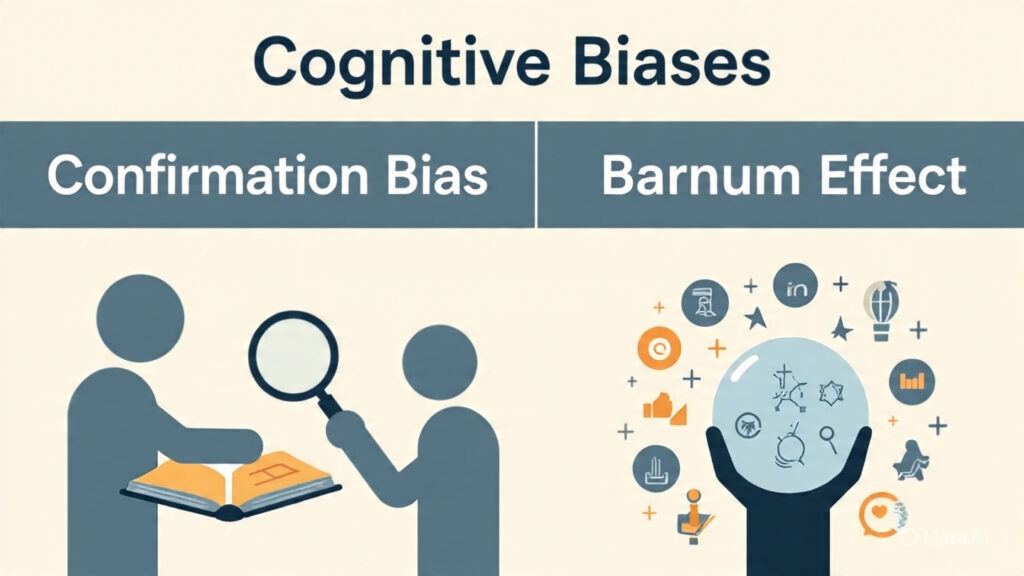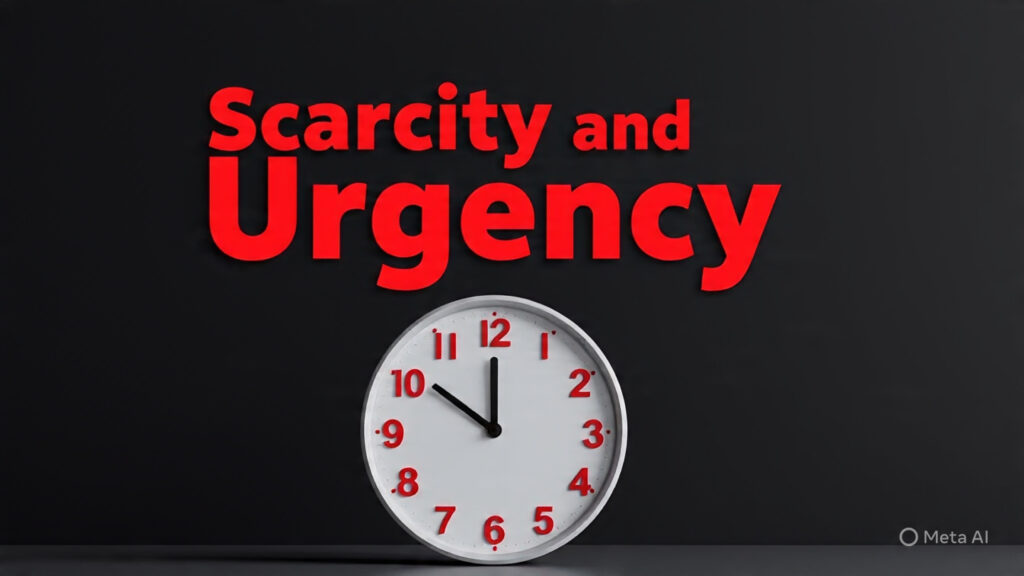The idea that you can manifest your dreams simply by thinking about them is incredibly appealing. The Law of Attraction, which suggests that positive or negative thoughts attract corresponding experiences, has captivated millions worldwide. Supporters promise riches, happiness, and success through visualization, affirmations, and mindset shifts. However, a darker side exists: many scams exploit these hopeful dreams to deceive people. Understanding the psychological factors that make individuals vulnerable to these schemes is key to protecting yourself.
This article dives into the deep human desires and cognitive biases that scammers exploit in the Law of Attraction world. By uncovering these mental mechanisms, we can understand why even intelligent people fall prey to promises of sudden wealth, perfect love, and easy wins — often at great financial and emotional cost.

The Allure of Control and Hope
At its core, the Law of Attraction appeals to two fundamental human needs: the desire for control and the need for hope.
The Desire for Agency in an Unpredictable World
Life is full of uncertainties, and this unpredictability often leaves people feeling powerless. The Law of Attraction offers a way to regain a sense of control, making individuals believe they can shape their own destiny through their thoughts.
Psychologists refer to this as the “locus of control.” Some people feel they control their fate (internal locus), while others believe external forces govern their lives (external locus). When individuals feel helpless, they become more open to new beliefs, even those they might normally reject. The Law of Attraction taps directly into this psychological need by suggesting you can control outcomes through mindset.

Hope as a Powerful Motivator
Hope drives human perseverance through challenging times. The Law of Attraction capitalizes on this by promising transformative results through mental focus. Visualizing a better future gives people a psychological boost, helping them to keep striving.
Desperation, particularly among those facing financial or personal struggles, can intensify the appeal of quick fixes offered by Law of Attraction teachings. The promise of fast, positive change becomes irresistible.

Cognitive Biases Exploited by Scammers
Certain mental shortcuts, or cognitive biases, make people especially vulnerable to Law of Attraction scams.
Confirmation Bias and the Self-Fulfilling Prophecy
Humans tend to seek information confirming their existing beliefs. Sellers of Law of Attraction products highlight success stories while ignoring failures. This selective presentation strengthens belief in the system.
Memory can also deceive us; people often remember times when “manifestations” seemed to work and forget the times they didn’t. This selective recall reinforces belief, even though random luck may explain the outcome.
The Barnum Effect (Forer Effect)
Many Law of Attraction teachings rely on broad, vague affirmations that feel personally meaningful but apply to nearly everyone. Statements like “You are strong but sometimes doubt yourself” seem unique yet are universally relatable, making people believe these messages were tailored just for them.

Scarcity and Urgency Tactics
Scammers pressure potential buyers by creating a false sense of scarcity or urgency, such as “limited-time offers” or “only a few spots left.” This tactic pushes people to make quick decisions without critical thought, increasing the likelihood of falling for the scam.

The Psychology of Persuasion and Social Proof
Scammers use powerful psychological tools to build trust and credibility.
Authority and Expertise Claims
Fraudsters often present themselves as gurus or experts, complete with impressive titles and fake awards, to trigger the “halo effect” — where we attribute credibility to someone who seems important. Charismatic personalities and staged testimonials enhance this illusion of expertise.
Social Proof and Testimonials
People are inclined to follow what others do. Seeing numerous positive testimonials (often fabricated) convinces potential victims that the Law of Attraction methods are effective. Social proof is a potent motivator, especially when combined with emotionally charged stories of success.

Emotional Manipulation and Mirroring
Scammers exploit emotions like desire, fear of missing out (FOMO), and longing by mirroring the target’s hopes and dreams. They create a false sense of connection, making victims feel understood and valued. This emotional bond increases trust and the likelihood of compliance.
The Deceptive Nature of Law of Attraction “Products”
Many Law of Attraction scams revolve around selling products or services that prey on psychological triggers.
The Promise of “Secret Knowledge”
Scammers often claim to possess exclusive, hidden truths available only to a privileged few. This exclusivity appeals to the human desire to belong to a special group and motivates purchases.
Overpriced Courses, Coaching, and “Manifestation Tools”
From expensive crystals to costly coaching programs, many products promise miraculous results. The high price tags exploit the “price equals quality” heuristic, tricking people into believing they are buying something valuable when the products often lack real worth.
The “Pay to Manifest” Trap
Some schemes require continuous payments to maintain the supposed flow of manifestation, leading victims into a cycle of spending driven by sunk cost fallacy — the idea that stopping now wastes previous investments.

Recognizing and Resisting Law of Attraction Scams
Awareness is your best defense.
Develop Critical Thinking Skills
Avoid promises of instant success or easy riches. Question extraordinary claims and look for credible evidence. Research thoroughly before investing time or money.
Identify Red Flags
- Excessive focus on positive thinking while dismissing realistic challenges
- High-pressure sales tactics and “limited time” offers
- Promises that sound too good to be true
- Lack of verifiable proof of effectiveness
Seek Reliable Self-Improvement Resources
Choose sources grounded in scientific research, such as cognitive behavioral therapy (CBT) or mindfulness. Trusted authors and experts offer advice backed by evidence, unlike the vague claims of many Law of Attraction sellers.
Conclusion: Empower Yourself Through Awareness
Many people fall for Law of Attraction scams because they tap into universal desires for hope and control. Scammers skillfully manipulate these needs using cognitive biases, emotional appeals, and persuasive tactics.
By understanding the psychology behind these scams and recognizing the warning signs, you can protect yourself. True empowerment doesn’t come from magical thinking but from clear-eyed awareness and evidence-based self-improvement.







